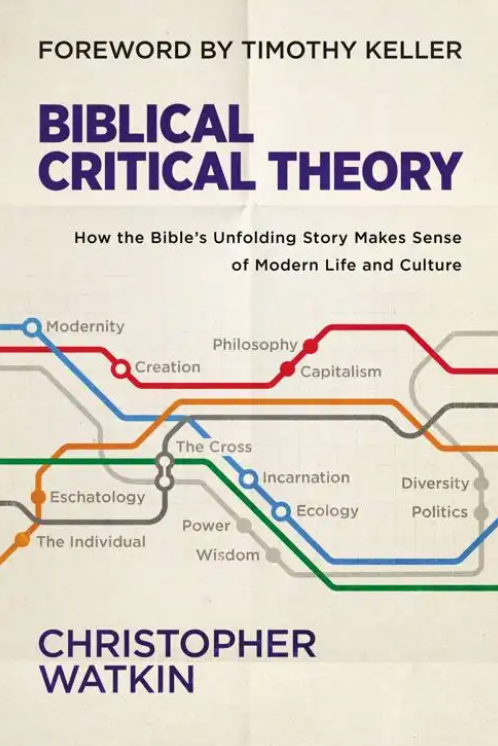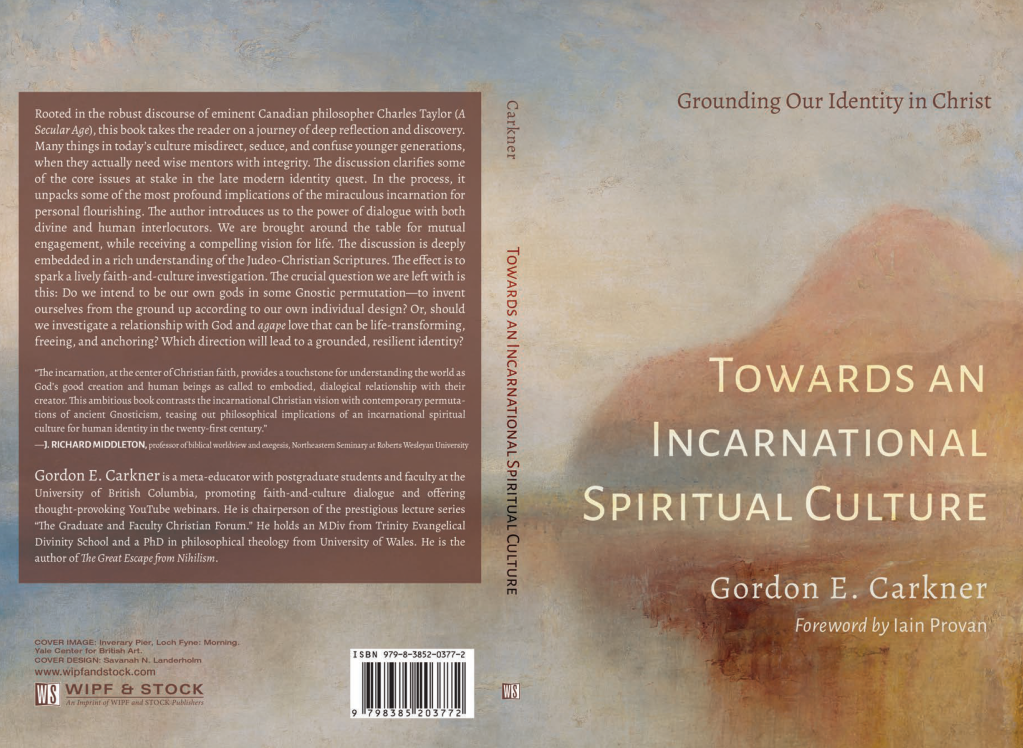Christopher Watkin
Lecturer Monash University, Australia
The Bible as a Tool for Changing Culture
Wednesday, February 14, 2024, 4:00 PM
Video Recording is Live!
Abstract
The question of the relationship between Christianity and culture increasingly takes centre stage in debates both within and outside the church today. This talk reflects on how a constructive, nuanced and—to many modern ears—fresh vision for contemporary society can be drawn from a rich engagement with the Bible’s storyline, guided by Augustine’s magisterial work City of God. What might it look like to reimagine Augustine’s mode of engagement with late Roman society in our own cultural moment of late modernity?
Biography
Christopher Watkin (PhD, University of Cambridge) is senior lecturer in French studies at Monash University in Melbourne, Australia. He is a scholar with an international reputation in the area of modern and contemporary European thought, atheism, and the relationship between the Bible and philosophy. His published work runs the spectrum from academic monographs on contemporary philosophy to books written for general readers, both Christian and secular, and include Difficult Atheism, From Plato to Postmodernism; Great Thinkers: Jacques Derrida. His recent impressive 2022 tome with Zondervan Academic is Biblical Critical Theory: How the Bible’s Unfolding Story Makes Sense of Modern Life and Culture.
Australian Book Prize 2023
From GFCF, a new book companion volume to Biblical Critical Theory, available on Amazon
Gordon Carkner’s 2024 Towards an Incarnational Spiritual Culture, from Wipf & Stock Publishing
Quotes from Biblical Critical Theory
The paradigm of the gift places us in the posture of recipients. We receive existence, we receive meaning, and we receive love. To be sure we are creative recipients, as we shall see in the chapters that follow, and receiving the gift of the universe certainly does not make us passive. But the fact remains that we are recipients nonetheless. The one thing we should not do with a gift is pretend we bought or made it ourselves. The giver is usually thanked, so our fundamental orientation to existence in the paradigm of the figure of gratuity is one of praise and thanksgiving.
To live and die by the dynamics of “making a name for ourselves” is to submit to a court of a public opinion which only allows certain achievements to count, and it is to give a warped view of life in which value is ascribed to our words and deeds according to the fickle tastes of the crowd.
Over the past century or so, as values of duty, collective identity, and conformity have been overtaken by a premium on nonconformity and what philosopher Charles Taylor calls “expressive individualism,” we have been increasingly told that we live our best life when we go our own way, in the face of what “they” tell us to do. And so we obediently obey this ubiquitous social command to be our own master and blaze our own trail. (Christopher Watkin, Biblical Critical Theory)

